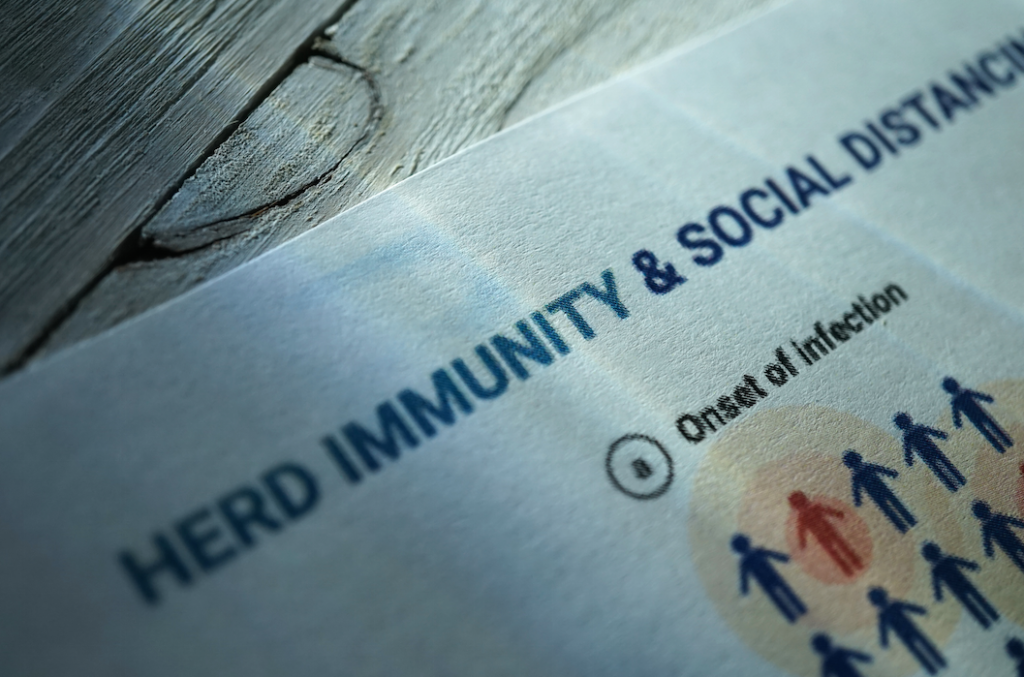A RECENT STUDY has shown that the Irish population is - on the whole - still vulnerable to infection from coronavirus.
Research has been carried out to determine how many people in the country have been exposed to he virus, according to the Irish Times.
Initial findings from a random sample of healthy people in Dublin and Sligo indicate that less than 5% of the population have been exposed to the disease, suggesting the country is still a long way off from achieving herd immunity.
The research, known as a seroprevalence study, measures antibodies in the blood of healthy people to better understand past rates of infection across the population. A person develops antibodies to protect against future infections from the illness.
Almost 2,500 people participated in the study with blood tests taken from final participants last week, one month after the study was launched.
Dr Cillian De Gascun, described the results as "a little disappointing".

"What that means is there is a very large susceptible population there, and that is one of the reasons why we have to be so careful with moving through the reopening phases," he said.
"Because so many people have not had the infection and if the virus kicks off again, it will transmit very readily to people purely because there is no significant level of population immunity at this point."
While exposure to Covid-19 may sound like a bad thing, it's actually an important tool in the fight against the virus.
Until a vaccine is found, establishing 'herd immunity' is the only way in which the spread of the virus can be properly and effectively stamped out.
Herd immunity is achieved when a sizeable proportion (between 60-90%) of any given population or group has developed immunity to a particular virus, and can't therefore pass it on to someone else.
Those who have contracted coronavirus and recovered will - in theory - be unable to catch the virus again, and no longer pose a risk of spreading the disease.
Once enough people have developed an immunity within the 'herd', the disease will be unable to find new hosts and will eventually die out.
It's been criticised as a method of tackling the virus because it promotes exposure and openly puts lives at risk, but without a vaccine it's the only way - save from a continued and rigorous lockdown - to defeat the virus once and for all.

